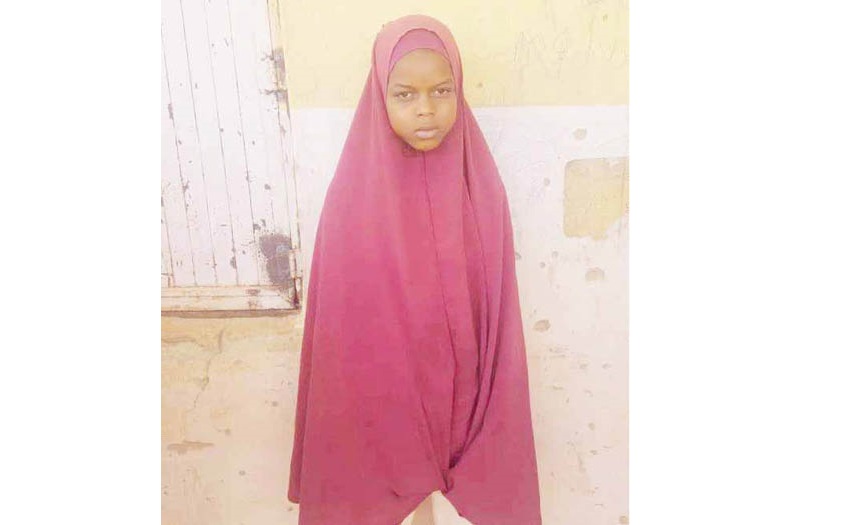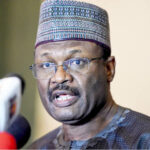This week, the world marks the International Day of the Girl Child. It has done so since 2011 and this year, the day focuses on the ‘Girl force: unscripted and unstoppable’. It is about empowering girls for a brighter tomorrow.
“It is a day set aside by the United Nations for promoting the rights of girls and addressing the unique challenges they face,” says the United Nations Children’s Fund.
“It’s a day when diverse groups come together for the same goal: to highlight, discuss, and act to advance rights and opportunities for girls everywhere.”
One issue that is at the core of a girl being empowered, unscripted and unstoppable is menstrual hygiene management. How menstrual hygiene is handled determines a girls’ self-confidence and may impede, if not completely destroy, her chances of an education. And education is at the heart of ‘Girl force: unscripted and unstoppable’.
The Girl for Girl initiative steps in to help
The G4G initiative is a component of the Girls’ Education Project phase 3 (GEP3), launched by UNICEF in 2017 and being implemented in Northern Nigeria through collaboration between UNICEF Nigeria and the federal government with funding from United Kingdom aid (UKaid) and Department of International Development (DFID).
The initiative seeks to empower girls with information and knowledge to help build their capacity to stand up for themselves, help put one million girls in school, support them to remain in school and improve their learning achievement.
The project was launched in June 2017 and is a commitment to improve the quality of girls’ and ultimately women’s lives by empowering girls through education.
According to UNICEF’s Girls’ Education Specialist Azuka Menkiti, “by educating girls, practices such as early marriage will be uprooted, and girls will be empowered to contribute to the development of their communities, states and Nigeria.”
The states benefiting from this project include Zamfara, Sokoto, Katsina, Bauchi and Niger.
In Zamfara, the G4G which has been established in 100 selected schools in Girls Education Project (GEP) LGAs, focuses on developing their interest in education, life skills and health. Presently, there are also 150 trained mentors on health, social and educational issues.
Fatima Mohammed, 14, is a primary 6 pupil of Tudun Wada Model Primary School, in Talata Marafa Local Government Area of Zamfara State. She is the third of seven children in her family, and one of the girls in the G4G groups in the school.
According to her, “The first time I started menstruating, I was afraid and cleaned myself with cloth and put a piece of rag to absorb the blood. I kept using that until G4G came to our aid. The programme taught us how to make re-usable pads.
“During our training, we were given materials to make three pads each. And after that, we make pads ourselves.
“G4G has helped me improve my personal hygiene. I was taught how to take care of myself during menstruation and even when I am not menstruating. I now have my bath thrice daily during my period, and at each interval I change my pad. I wash each pad after use and put it under the sun to kill germs and prevent infection.
“After my menstruation, I put all the pads together and keep them for my next menstruation. My G4G mentors and teachers taught me the importance of good hygiene,” she enthused.
32-year-old mother, Amira Abubakar, who has two daughters participating in the programme said, “Since the G4G programme was introduced in our community, my daughters and even other girls have regained their self-confidence and their personal hygiene has also improved.”

 Join Daily Trust WhatsApp Community For Quick Access To News and Happenings Around You.
Join Daily Trust WhatsApp Community For Quick Access To News and Happenings Around You.


